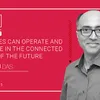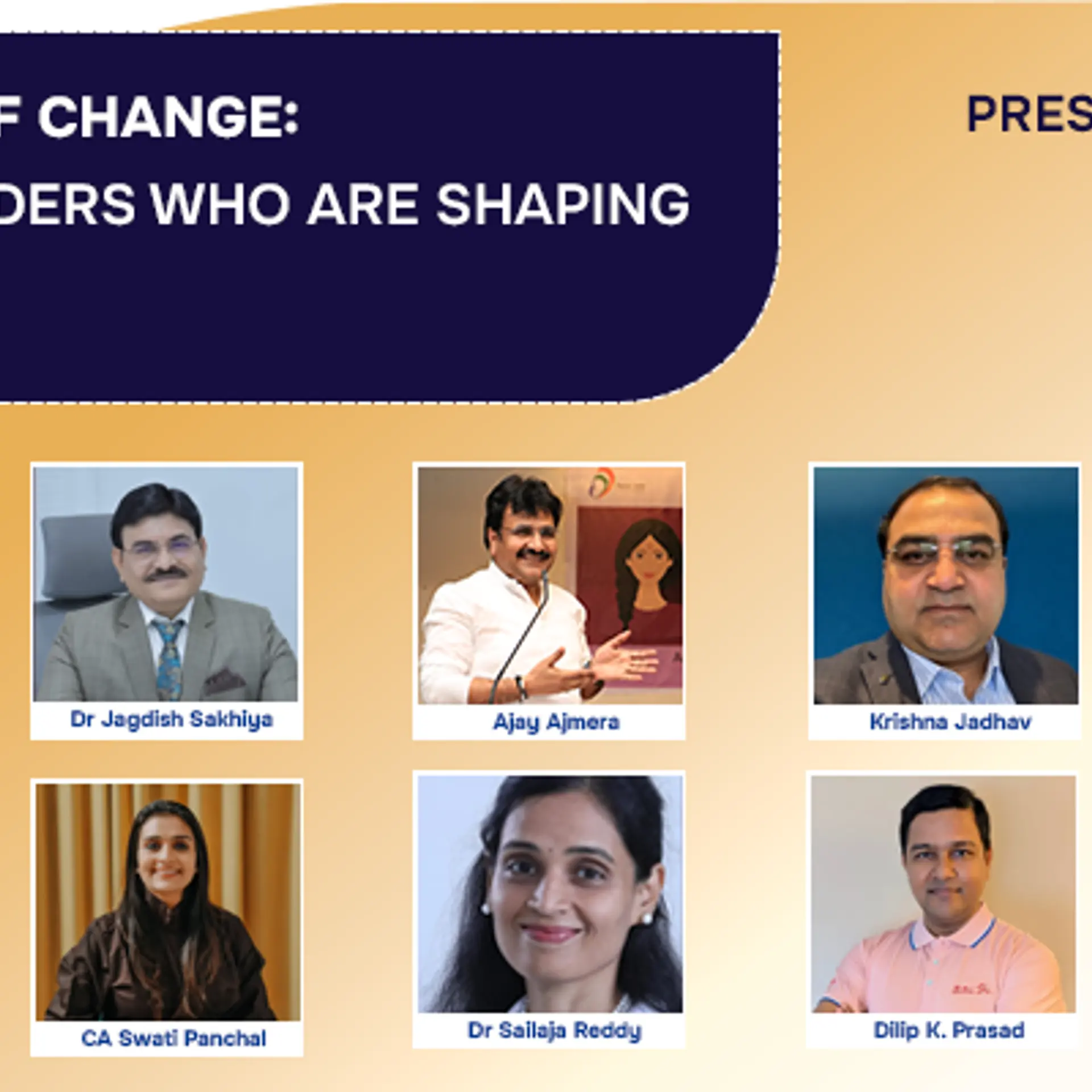Future of Work: Making work places collaborative, immersive is an ongoing process for us, says Google Workspace's Kelly Waldher
At YourStory's Future of Work 2021, Kelly Waldher, Vice President - Marketing, Google Workspace, talks about how the company is enabling businesses to create a hybrid work model whilst supporting them with transitions.
It's been nearly a year since the global pandemic changed the way the world works, and organisations across have seen tremendous workplace transformations. From SMBs to giant corporates, companies world over now follow a hybrid working model, and a fusion of remote and in-office working style has become the norm.
At Future of Work 2021, India's largest product-tech-design virtual conference, Kelly Waldher, Vice President - Marketing - Google Workspace, and Ramarko Sengupta, Senior Editor, , talk about building the future of work and how Google Workspace is helping businesses adapt to the new work culture across geographical hemispheres.
Virtual work environments
The year 2020 was all about changing dynamics, and three things drastically changed how we work - remote working, time management, maintaining communication in the virtual world.
According to Kelly, estimates suggest half the workforce will continue to work remotely even after the pandemic. This makes it imperative for organisations and employees to think more about the tools they need to effectively navigate through this norm.
“Companies are looking for technology and tools to make hybrid work models a reality, so they can enable employees to balance and manage their personal and professional lives efficiently, and be more responsible,” said Kelly.
He also touched upon data pointing to communication gap between employees in a professional environment. “One in three workers in a company feels disconnected with the company culture and their colleagues. So companies are looking forward to tools that can make employees feel connected.”
The future of work with Google
Being a cloud-native solution, Google Workspace is built to be powerful and flexible to work for an equitable workspace. Google is continually working and experimenting to bridge the gap between working in-person and across hemispheres by pushing its technology. “We have been trying to make this hybrid-work model ‘work’ through collaborations and innovations for sometime now,” Kelly said.
“Google Workspace itself is really at the nexus of transformation - be it personal desk space, conference room, or group collaborations; all these things are examined before Google prepares for hybrid workwise,” he added.
Workspace transition
Sectors across business ecosystems transitioned to survive the global pandemic. According to Kelly, healthcare and telemedicine are two sectors that have gone through a rapid evolution.
“Google Workspace has been a use case for the telemedicine and healthcare sectors, where doctors and nurses were able to virtually attend to their patients and their caregivers. Healthcare workers were able to meet their close ones only virtually in the challenging COVID-19 period. The tool also helped create a virtual visiting room for patients, that helped ease their isolation experience,” he said.
Kelly went on to mention the manufacturing sector, where Google Workspace enabled workers to maintain their supply chain without any physical intervention and still remain connected to build a smooth process.
As schools across the world scrambled to go online when the pandemic first hit, many educational institutes opted for remote learning environments, Kelly said, explaining how remote working permeated into every sector.
That’s not all, SMBs too transformed their physical stores to virtual ones to keep their businesses running.
Enabling organisations for tomorrow
With changing market dynamics, and limited access to technology for frontline workers, Kelly said that Google Workspace is coming up with a new offering specifically built and designed for frontline workers, that will have all the features and compatibility with devices in the field.
Google Workspace has also recently launched Google Assistant within the suite to help people be on top of their work and personal commitments. The platform keeps track of meetings, appointments, and pending communication, thereby making life easier for busy individuals.
Speaking of Time Insights, Kelly said Google Workspace introduced this feature to help people understand how they are managing their time.
It is an ongoing journey for us, said Kelly, adding that Google Workspace is hyper-focused on making the future of work collaborative, inclusive, and more immersive for all customers.
A big shout out to our Future of Work 2021 Co-presenting Sponsors and Unique Solutions; Digital Excellence Partner, Google Cloud; Associate Sponsor HP and Intel; and Sponsors: Atlassian, , Archon I Cohesity, TeamViewer, and .

Edited by Anju Narayanan









